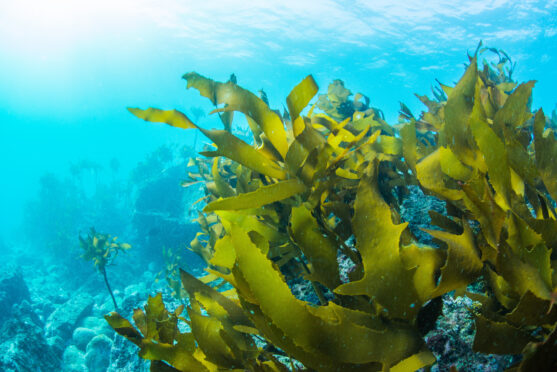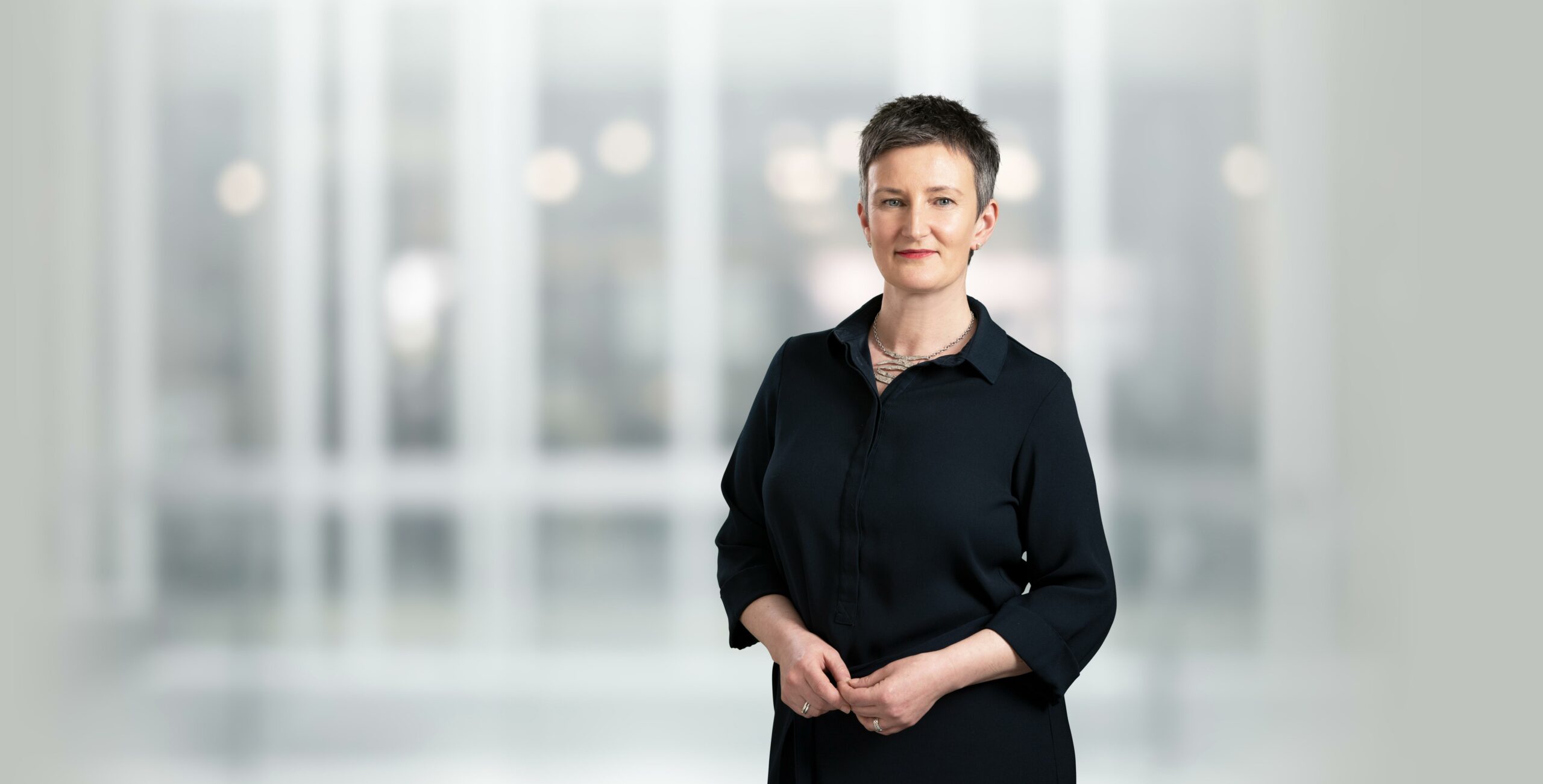We often see new trends emerging via the innovation of businesses and individuals. And in aquaculture and food production, as is the case for many other sectors, innovation is being driven by one watchword; sustainability.
Karren Smith, partner at Brodies LLP explains that Aquaculture is an increasingly important industry in terms of both its contribution to Scotland’s economy and to food security. Indeed, 96% of all marine aquaculture in the UK occurs in Scotland.
Salmon is the UK’s largest food export by value, but the sector includes other types of fish, such as brown and rainbow trout and halibut, and shellfish including mussels, scallops and oysters.
Scotland Food & Drink reports that the aquaculture sector currently contributes approximately £1.8bn annually to our economy, and with ambitious growth plans for the production of both marine finfish and shellfish, this contribution could increase to £3.6bn by 2030.
Aquaculture is also a method of food production that has strong sustainability credentials – it does not compete with crops and animals for land, does not require fertilisers and does not utilise our freshwater resources.
However, the future growth and the environmental and economic viability of the sector depends on the continuing development of farming methods that are environmentally sound.
Recognition of this is shown in the Scottish Salmon Producers Organisation’s sustainability charter, published last year. It pledges that sustainability will underpin everything producers do, from caring for fish to protecting the marine environment.
And climate change has the potential to impact the proposed growth of the sector as it brings new challenges. Increasing water temperatures may bring a benefit in that fish grow faster and we might be able to grow new species. But there is potential for new invasive species and diseases to survive in our waters.
Also, ocean acidification, a side effect of climate change, has a direct effect on the ability of shellfish to form shells.
The growth in the commercial farming of seaweed in Scotland, however, may assist with some of these issues. Seaweed absorbs carbon dioxide which assists in reversing ocean acidification.
The country has an extensive and largely uncultivated coastline which makes it an excellent environment for seaweed production. Kelp grows prolifically in Scottish waters and is one of the fastest growing organisms on the planet, capable of growing up more than 2 metres in length in one season.
Scotland’s marine stores of carbon are considered to be eighteen times as large as the carbon stores in either our peat land or our forests, and one square metre of kelp forest will capture five times more carbon than the equivalent area of trees – important given Scotland’s ambitious climate change targets.
Research has also found that introducing a small amount of seaweed into cattle feed reduces methane output by 82%. Therefore, meat production can be made better for the climate just by putting seaweed on the menu for cattle.
The interest in seaweed as a foodstuff extends far beyond animal feed, however. Seaweed is rich in essential vitamins and minerals whilst being low in calories and fat. Scotland’s food and drink producers are therefore working hard to develop new foodstuffs using seaweed.
Scotland has its very own superfood – nutritious, sustainable and good for the environment.
Brodies is running its Food and Drink Virtual Conference 2021: Creating a sustainable future on Tuesday 16 November.
To find out more or register to attend, visit the website

